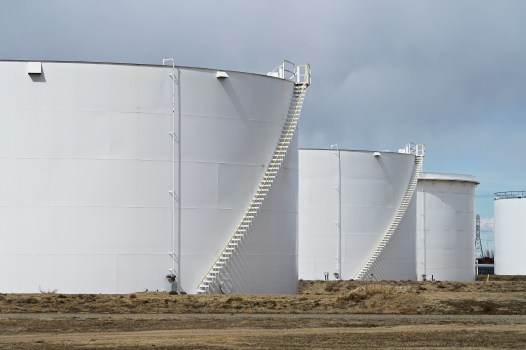Boulder’s Climate Change Lawsuit: What the Colorado Supreme Court’s Ruling Means
Climate change litigation is making headlines across the nation, as local governments seek justice and accountability from major fossil fuel companies. Recently, the Colorado Supreme Court delivered a pivotal decision allowing the City of Boulder and Boulder County to pursue their landmark lawsuit against ExxonMobil and Suncor Energy. This case could have far-reaching implications for how climate change harms are addressed, both in Colorado and beyond.

The Background: Boulder’s Fight Against Climate Change
Boulder and Boulder County have long felt the devastating effects of climate change. From extreme wildfires to unpredictable snow patterns, the region is experiencing environmental changes firsthand. In response, local officials have sought to hold ExxonMobil and Suncor financially responsible for knowingly contributing to climate change and the damages caused by their pollution.
The lawsuit alleges that these oil giants intentionally misled the public about the impacts of their products, fueling decades of emission-related damage. Axios reports that this is one of only two times a state Supreme Court has allowed such a lawsuit to proceed, making Boulder’s efforts a significant milestone in the fight for climate accountability.
The Colorado Supreme Court’s Landmark Ruling
On May 12, 2025, the Colorado Supreme Court ruled 5-2 in favor of Boulder, allowing the lawsuit against ExxonMobil and Suncor to move forward in state court. The Court found that federal law does not prevent Boulder’s claims and that seeking damages at the state level is permissible. This decision was praised by local leaders, who view it as a critical step towards justice and the resources needed to protect their community from further environmental harm.
The ruling does not preempt Boulder’s claims under federal law; instead, it recognizes their right to pursue compensation for climate change damages. The majority opinion underscored that accountability for environmental harm is not just a federal issue – it can and should be addressed locally when necessary. The dissenting justices, however, worried about regulatory confusion if different states pursue their own standards.
Why This Matters for Climate Change Accountability
Most lawsuits of this nature have been dismissed in other states. Boulder’s case stands out because it survived both federal and state challenges. According to a recent study highlighted by Axios, new scientific evidence tying specific companies to the economic toll of climate change could drive more local governments to seek legal remedies. Boulder is at the forefront of this new wave of climate litigation.
If Boulder’s lawsuit is successful, the outcome could serve as a model for other communities. It might encourage more municipalities to seek compensation for local climate impacts from the fossil fuel industry. This shift in accountability is crucial, as the costs of wildfires, droughts, and extreme weather events continue to rise due to climate change.
The Bigger Picture: Future Implications
Colorado’s experience reflects a broader global debate about responsibility for climate change. As seen in related cases from Hawai’i to New Jersey, courts play a decisive role in shaping how communities seek redress from powerful polluters. The Reuters coverage on Boulder’s lawsuit confirms the legal landscape is evolving, with more local actions making their way through the courts.
While not every case will survive legal scrutiny, Boulder’s progress signals a potential change in how environmental justice is pursued across the United States. For now, the city’s determination to hold fossil fuel companies accountable keeps climate change at the center of legal and public debate.
Conclusion: What Comes Next?
The Colorado Supreme Court’s decision marks a new chapter in climate change litigation. As Boulder prepares for its next steps in court, communities everywhere are watching closely. This lawsuit demonstrates the power of local action against global challenges. It also underlines the importance of legal strategies in addressing the urgent issue of climate change. While the final outcome is yet to be determined, one thing is clear: Boulder’s bold stand will influence how the nation addresses climate change and corporate responsibility for years to come.